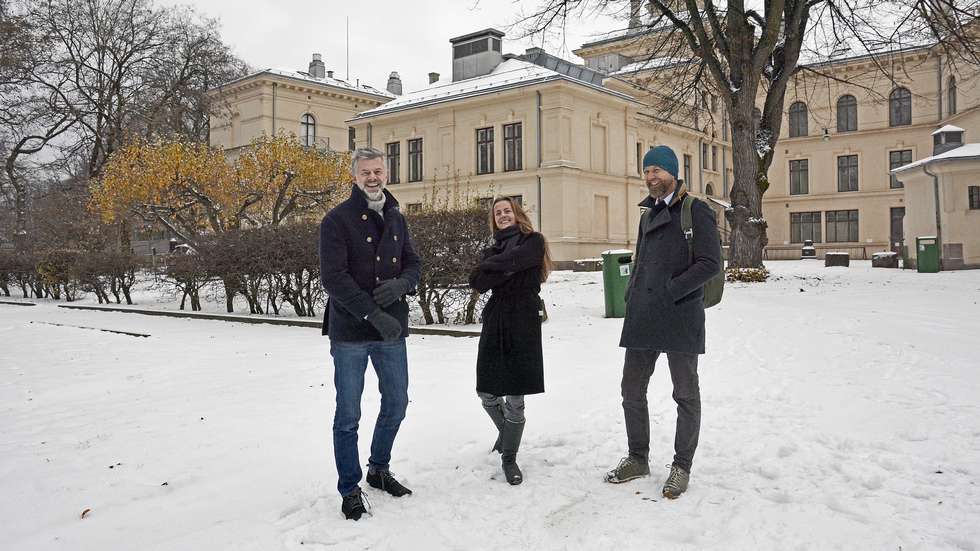The quality of antenatal care is measured in several different ways. Cesarean sections, morbidity, rupture, and mortality are some examples of the statistics that are analyzed. But health care is becoming more aware of technology and consistent, measurable values. And there is less and less room for patient stories.
Immediately after delivery, a conversation with a midwife is presented, but these conversations were not analysed. It is not part of a systematic collection of data.
Many parents also say that it takes time to find the words to describe and process their experience. The first reaction of many parents is gratitude for sitting with a healthy baby in their arms. Much later, memories of other experiences may emerge. To be able to critique pregnancy, birth and maternity care we need time, words and knowledge.
It is complicated
Positive birth experiences are not a given. Lack of communication and information is one of the most common causes of complaints in the healthcare system. But what does the law say?
As far as possible, health care should be designed and implemented in consultation with the patient. This does not just mean that expectant parents are aware of possible interventions and measures. It also means giving women who give birth room to agree or refuse healthcare. Therein lies the health care paradox.
A child’s right to self-determination is complicated in a system that does not provide time and space for communication and information. Today, there are no clear guidelines for communication in the healthcare system, especially when it comes to informed consent.
may violate the constitution
Informed consent consists of two parts. In part, it is about the right to understandable information. The second part is based on participation and the right to refuse health care. How do we provide information about the procedure and how do we ensure voluntary participation? Ignorance of this in the healthcare system causes employees to build their own solutions. They do not always comply with current law. They may even violate the constitution.
If health workers do not create space for self-determination, there is a risk of causing violence during childbirth. Birth violence is an umbrella term that refers to different types of exercise of power. It may involve forced physical interventions, eg involuntary vaginal examination. It can also involve abusive treatment where the mother is pressured or coaxed into consenting to things she feels uncomfortable with.
Employees must be given time and knowledge
Informed consent is not only an important part of avoiding childbirth violence. It also increases the chance of an uncomplicated delivery. Information and communication give the woman who is giving birth a sense of mastery in the situation. It has a calming effect in itself. This stimulates the release of the hormone oxytocin, which in turn causes the uterus to contract. The body will give birth when it feels safe.
Midwives are obliged to explain the rights of the newborn as clearly as possible. One of the most important tasks of midwives is to deal with difficult issues associated with communication in the health care system. But to do this, employees must be given the time and knowledge to do their job.
Weakness of midwives
Today’s stressful situation with staff shortages and more experienced colleagues being laid off threatens to undermine the competence of midwives. The danger is that births are catered for in the maternity ward where machines replace competence and profession rather than complements. It reduces the chance of a woman in childbirth to participate in her birth.
It also reduces the young midwife’s chance of growing into her role for the first few years. This increases the risk of a situation that the midwife has not yet learned to deal with. The midwifery profession is very much a practical job. A clinically experienced midwife has a bank of knowledge that cannot be replaced in any way.
The way midwives communicate is a consequence of the structure of the healthcare system. Culture must be shaped to allow space for dialogue and participation in design. This is the only way to create a safer environment for midwives and those who give birth. Only then can midwives guarantee informed consent in clinical practice.

“Explorer. Unapologetic entrepreneur. Alcohol fanatic. Certified writer. Wannabe tv evangelist. Twitter fanatic. Student. Web scholar. Travel buff.”




